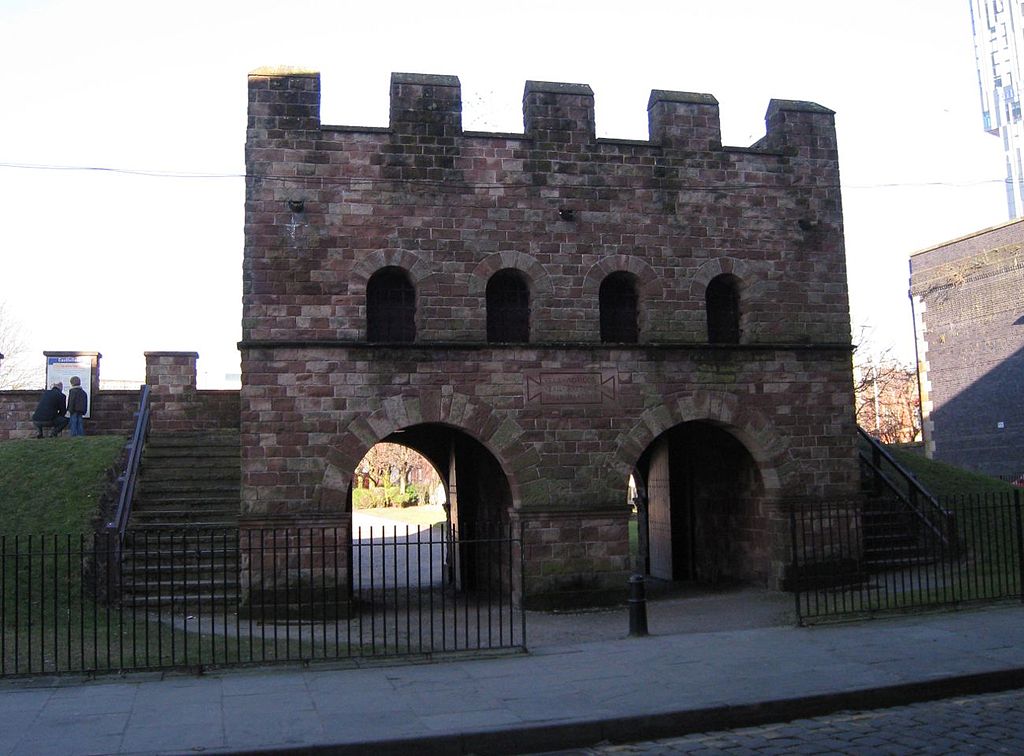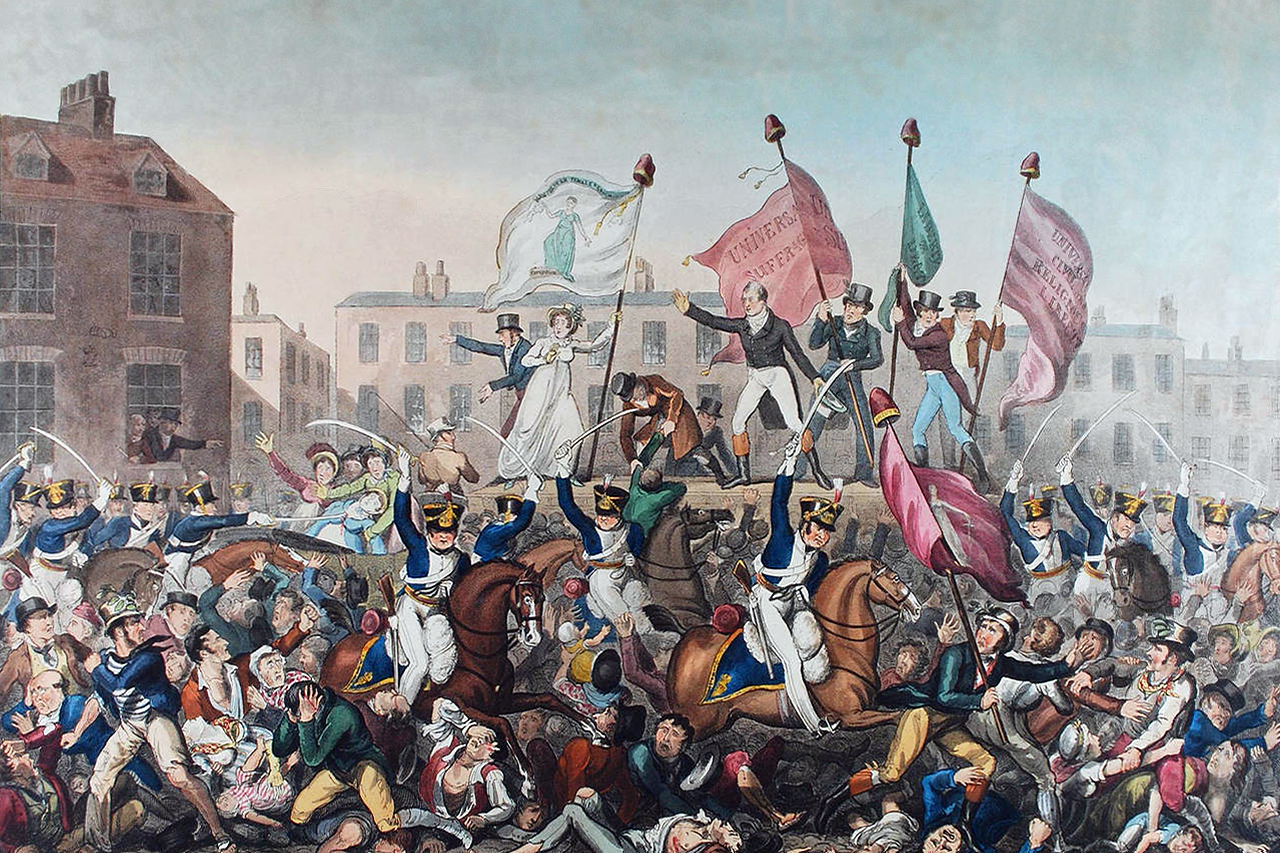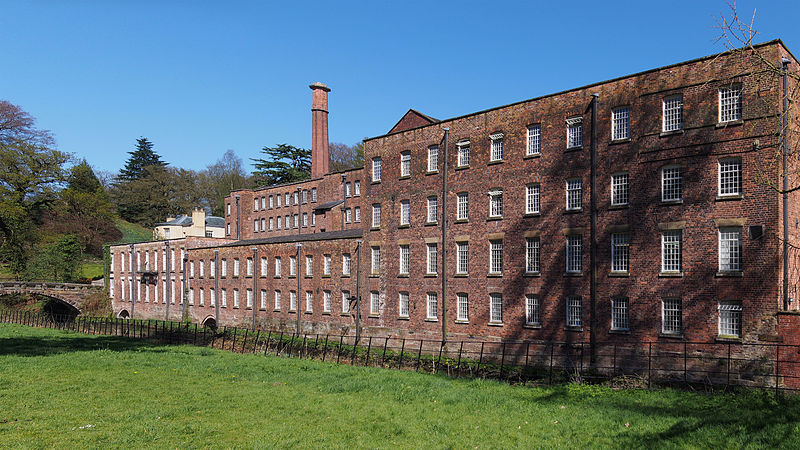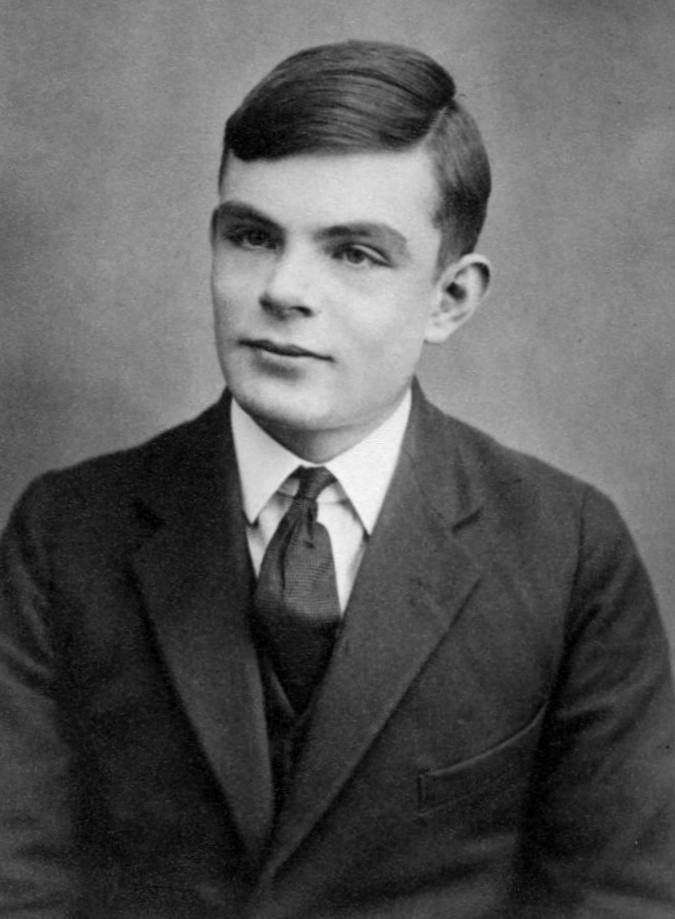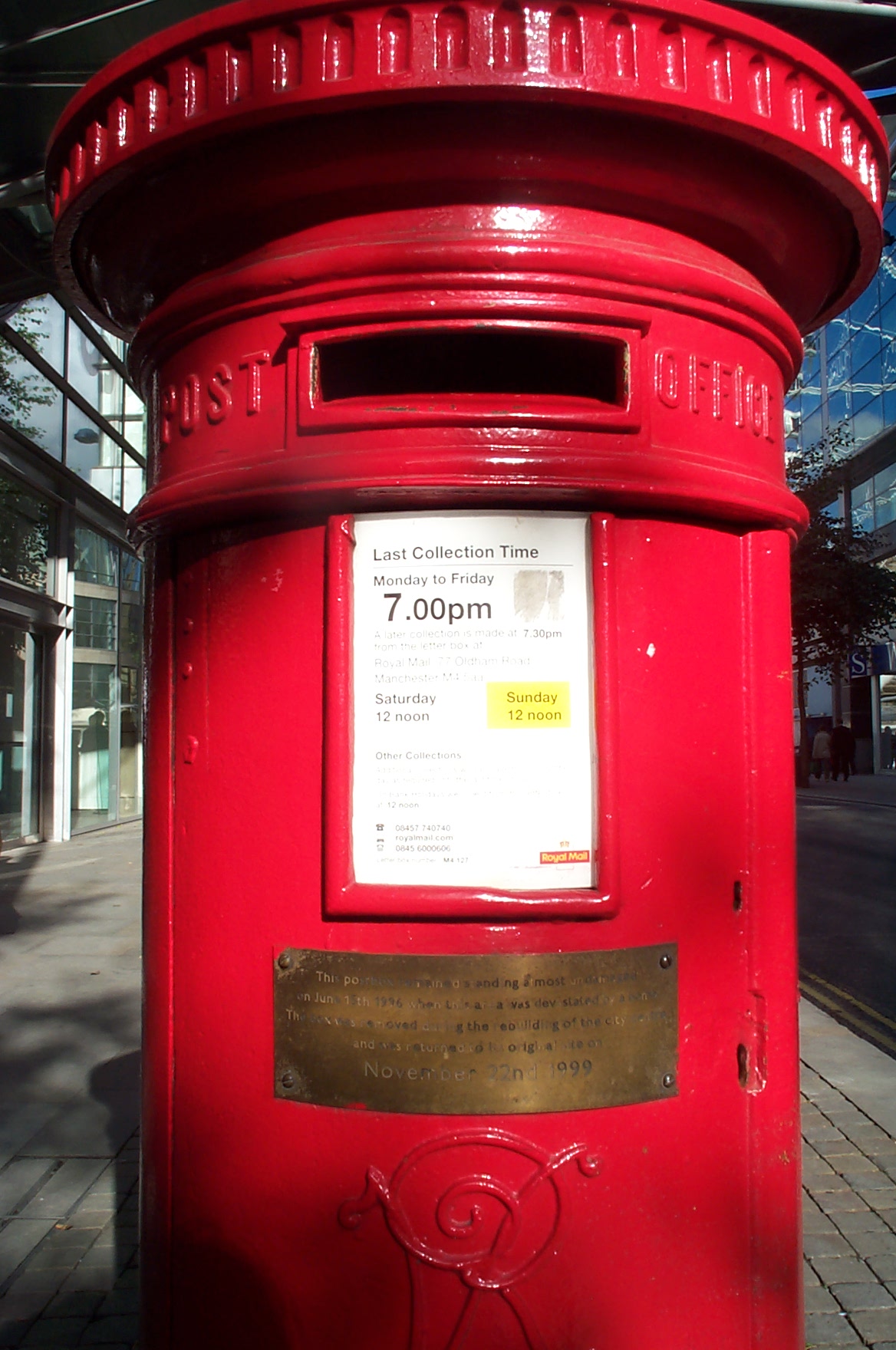Excellent experience start to finish – always very responsive to any queries and the turnaround on the property I was buying was very quick, even in the busy time leading up to stamp duty deadline. Jenny was always very helpful and went above and beyond to close on a short timescale.
We previously looked at some of Manchester’s lesser known history facts, including the splitting of the atom happening there for the first time, and Rolls & Royce meeting at the Midland Hotel.
But what about Manchester’s most significant points in time? We look back at five of the most important times and events to hit the city, from the Roman era to the end of the 20th century.
The Construction of Mamucium
The history of Manchester begins nearly 2,000 years ago, during the Roman occupation of Britain. At the start of the first century, the area of what is now known as Manchester was occupied by the Brigantes, a Celtic tribe that controlled the majority of Northern England. In 79AD, the construction of a fort named Mamucium was ordered by General Julius Agricola, who is credited for the majority of the Roman conquest of Britain, with the intention of protecting fortresses in Chester & York from the Brigantes.
The Mamucium fort was first constructed using turf and timber, later built in into a larger size in 160AD, before stone was added to strengthen it in approximately 200AD.
The Romans left Britain in 410AD, leaving Mamucium behind to become an area of agricultural use, with the remnants of the fort decaying over the centuries it was left abandoned.
Most of the remaining structure was demolished during the Industrial Revolution in the late 18th century, but a section of Mamucium has been reconstructed, standing to this day in Castlefield and open for public exploration. Of course, the biggest legacy of this fort is the city’s modern-day name Manchester, which is derived from the original Latin Mamucium.
The Peterloo Massacre
2019 marked the 200th anniversary of the Peterloo Massacre, a tragedy that is remembered as one of the defining moments in the history of democracy.
The area of Manchester in the early 19th century was home to mass poverty, with wage cuts and an economic depression leaving people with little money to spend, and the Corn Laws coming into effect, which effectively made the cost of food more expensive. The people of Manchester were represented by two MPs for the whole of Lancashire, and the only form of voting could be done by male owners of land with a set minimum value – this meant less than 2% of the country’s population could vote.
On 16th August 1819, approximately 60,000-80,000 people from across what is now Greater Manchester, gathered at St Peter’s Field, a large open piece of land that is now inhabited by St Peter’s Square and the surrounding areas. The gathering was to be addressed by Henry Hunt, a well-known voice for the working class who was protesting for parliamentary reform.
The gathering was organised to be a peaceful protest, with families attending in their best clothing, and Hunt insisting nobody was armed. The meeting took place in close proximity to a group of magistrates, with their chairman William Hulton issuing several arrest warrants, including one for Hunt. This resulted in the summoning of a sixty-strong cavalry from the Manchester & Salford Yeomanry, armed with sabres and riding through the crowd on horseback.
In total, there were 18 deaths as a result of the event, including that of 2-year-old William Fildes, and a further 400-700 injuries.
Marking 200 years since the tragic event, a new Peterloo Memorial was designed by artist Jeremy Deller, and unveiled close to the location of the massacre, while a film based on the occasion was released in 2018.
Industrial Revolution
The Industrial Revolution was the global switch to modern manufacturing processes, primarily in Europe and the US, between the late 18th and early 19th centuries.
In the UK, the North West, specifically Lancashire and Manchester were two of the most significant places for the revolution in the country.
The import of cotton into the port of Liverpool was one of the biggest influences on industry in Manchester, with the material transported by river to Manchester. Facilities such as Quarry Bank Mill were built for the large-scale spinning and weaving of cloth, with the city becoming the hub of the growing textile industry. A huge number of cotton mills opened up in the area, with Manchester gaining the nickname Cottonopolis as a result.
World War 2 & Alan Turing
During the Second World War, Manchester became a hub for creating and manufacturing resources that would aid the country in its fight. Bombs were made in Gorton, barrage balloons in Trafford, and the Lancaster Bomber produced by Avro in Chadderton.
One of the most well known Manchester names to come out of the wartime era was Alan Turing. Born in London, Turing eventually lived and worked in Manchester, based at the University of Manchester following the war. During the war though, he made great achievements working with the British Intelligence Service at Bletchley Park.
Working in codebreaking, he played a pivotal part in increasing the speed of which German ciphers could be broken, developing new technology to aid the country in its efforts.
Despite his tremendous achievements, Turing’s post-war life was tarnished by the British justice system of the time. Following a burglary at his Manchester home, he admitted to the police that he was in a homosexual relationship, leading him to be prosecuted for “gross indecency”. He pleaded guilty and was given the option of probation over imprisonment, on the condition he agreed to hormone treatment.
On 8th June 1954, 41-year-old Turing was found dead, with the case officially declared a suicide, but disputes from family and experts suggesting the accidental inhalation of cyanide fumes.
Turing’s legacy lives on though, and in December 2013 the Queen signed a posthumous pardon for his conviction. His exoneration was expanded in 2016, covering all men with similar indecency offences from history, with this being known as the “Alan Turing Law”.
The 1996 IRA Bombing
In the 1990s, the IRA (Provisional Irish Republican Army) struck the UK several times with attacks, setting off a truck bombs in London’s Bishopsgate in 1993, and in front of the Baltic Exchange Building one year prior. Manchester was also hit with two bombs in December 1992, injuring 65 people and causing approximately £10 million of damage.
However, the biggest bomb detonated in the country since World War II came in on 15th June 1996, as the IRA struck Manchester again.
The bomb was left in the back of a van on Corporation Street, near the Arndale, before an anonymous caller made five warning calls to Granada Studios, a hospital, newspapers, and TV/radio stations, claiming the bomb would detonate in an hour.
After police inspected the van to verify the threat was real, a mass-scale evacuation operation was underway. In the immediate vicinity of the bomb was up to 80,000 people, including shoppers and football crowds.
The bomb exploded at 11.17am, creating more than £700 million of damage, destroying buildings in the vicinity and shattering windows up to half a mile away. Although more than 200 people were injured as a result of the bomb, incredibly, nobody died.
The bomb is credited as sparking the renovation of the city centre though, with the entire area around Exchange Square and the Manchester Arndale completely overhauled. To this day, the only sign of the bombing is a postbox, which stood yards from the explosion yet remained mostly undamaged. Removed during the rebuild works but put back in the same spot in 1999, it now holds a small plaque its survival.
Davis Blank Furniss is a full service legal firm in Manchester & Glossop, covering many aspects of business and personal law. For more information on what we do, or to enquire about using our services, call the team on 0800 0284 396, or send us a message via our contact form.

